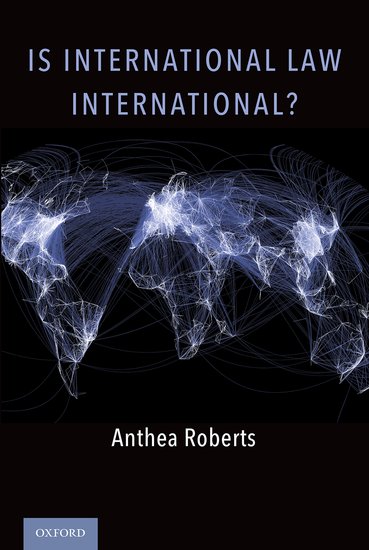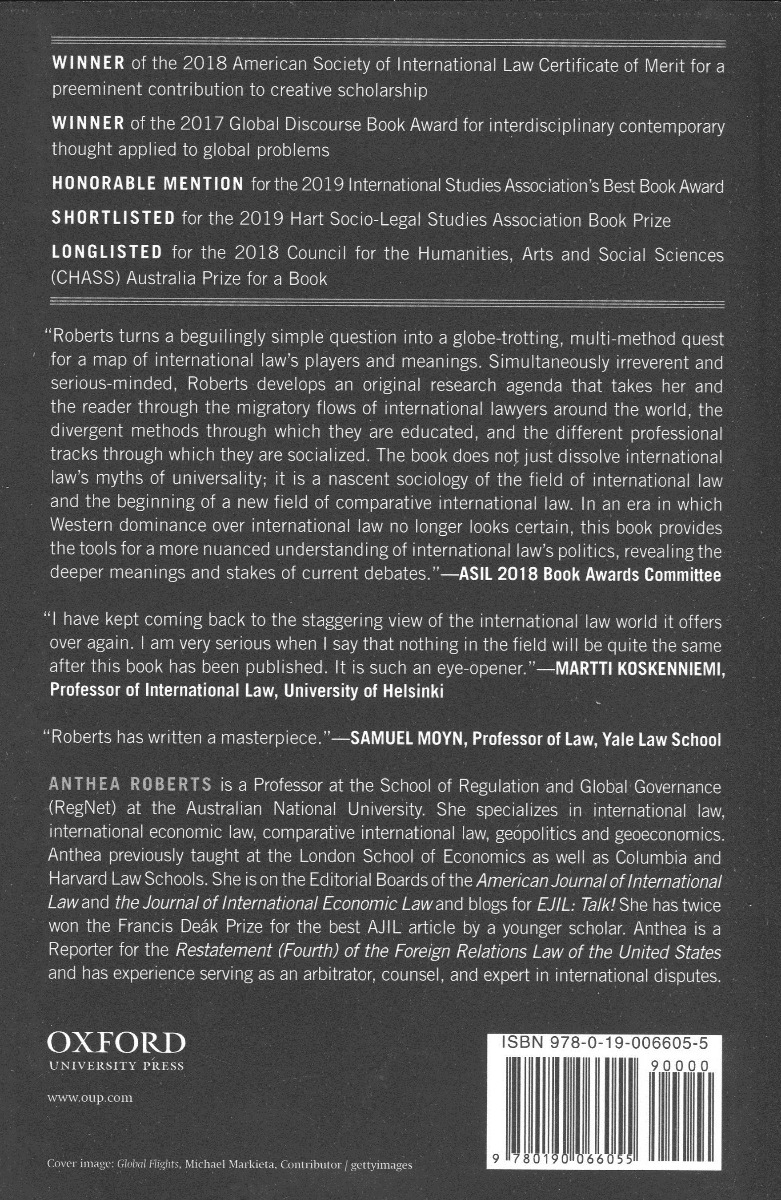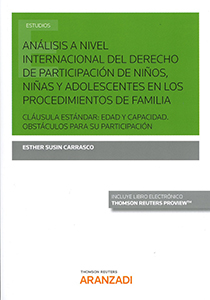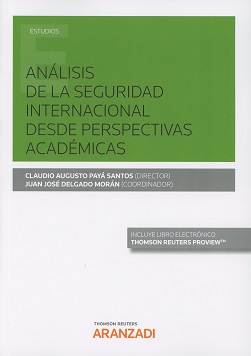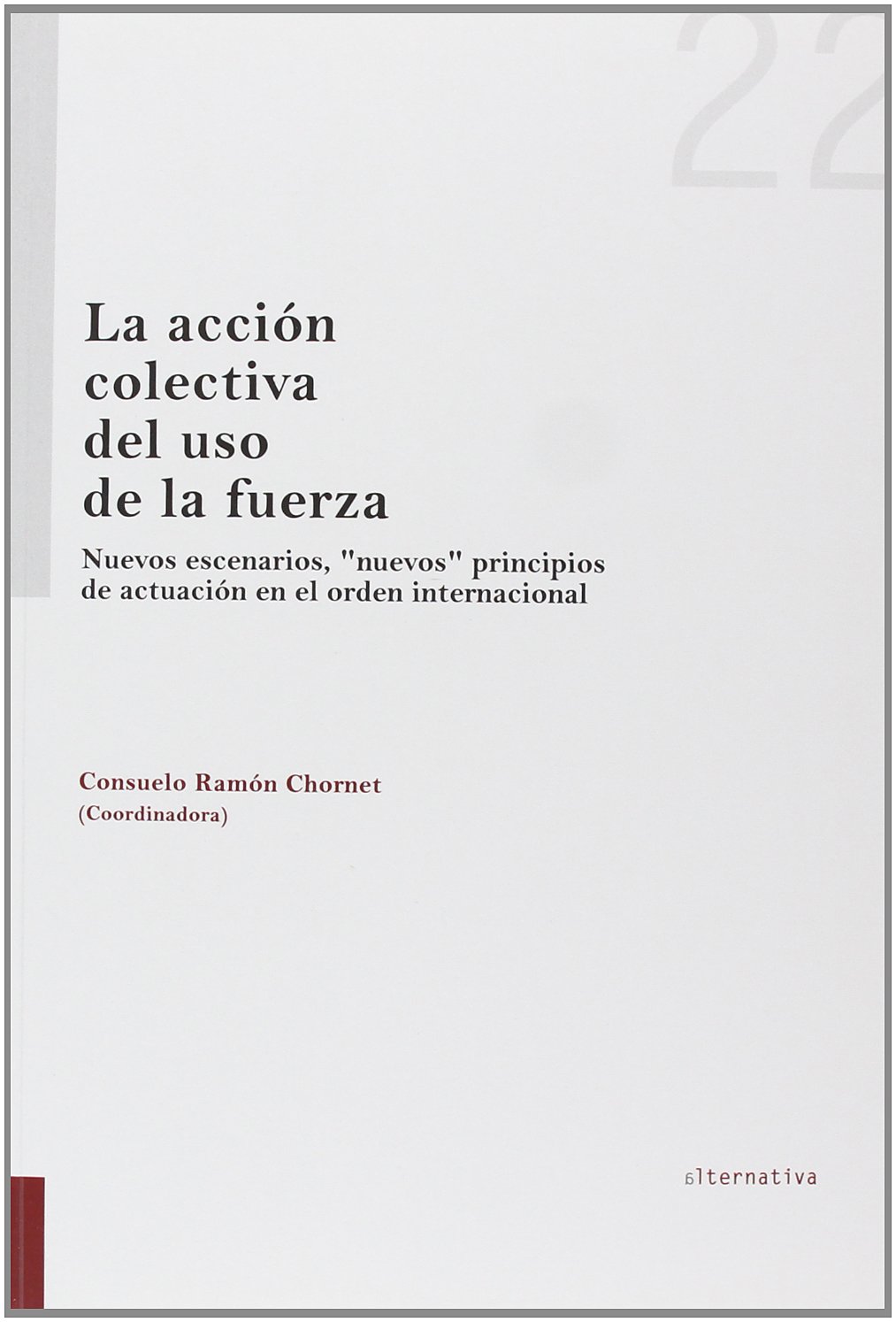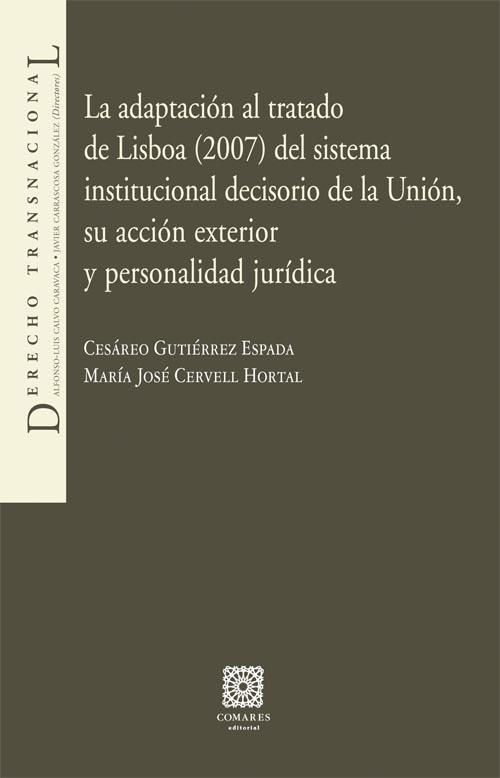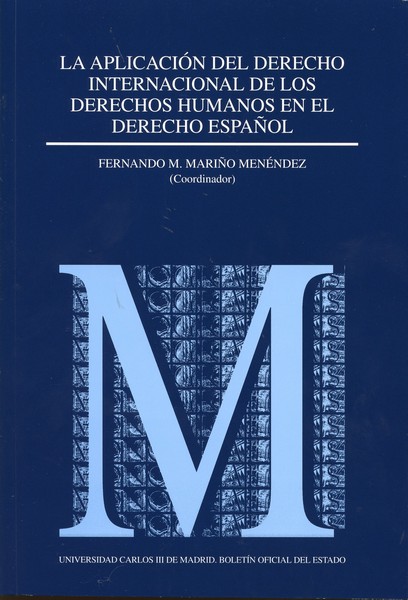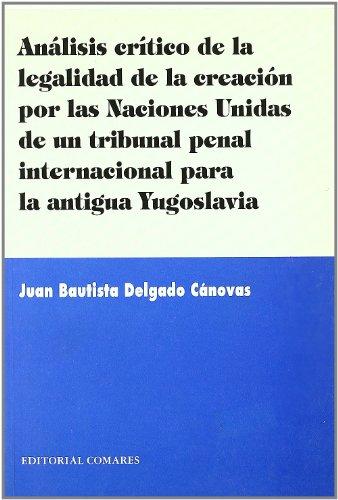This book takes the reader on a sweeping tour of the international legal field to reveal some of the patterns of difference, dominance, and disruption that belie international law’s claim to universality.
Pulling back the curtain on the «divisible college of international lawyers,» Anthea Roberts shows how international lawyers in different states, regions, and geopolitical groupings are often subject to distinct incoming influences and outgoing spheres of influence in ways that reflect and reinforce differences in how they understand and approach international law. These divisions manifest themselves in contemporary controversies, such as debates about Crimea and the South China Sea.
Not all approaches to international law are created equal, however. Using case studies and visual representations, the author demonstrates how actors and materials from some states and groups have come to dominate certain transnational flows and forums in ways that make them disproportionately influential in constructing the «international.» This point holds true for Western actors, materials, and approaches in general, and for Anglo-American (and sometimes French) ones in particular.
However, these patterns are set for disruption. As the world moves past an era of Western dominance and toward greater multipolarity, it is imperative for international lawyers to understand the perspectives and approaches of those coming from diverse backgrounds. By taking readers on a comparative tour of different international law academies and textbooks, the author encourages them to see the world through the eyes of others — an essential skill in this fast changing world of shifting power dynamics and rising nationalism.
List of Figures
List of Tables
Foreword by Martti Koskenniemi
Preface
Acknowledgments
Abbreviations
1. The Divisible College of International Lawyers
I. Difference
II. Dominance
III. Disruption
2. Project Design
I. General Framework
II. The Actors and Materials Studied
III. The States and Universities Studied
IV. Important Concepts and Factors
V. Three Points of Method
3. Comparing International Law Academics
I. The Global Flow of Students and Ideas
II. Comparing Educational Profiles
III. Comparing Publication Placements
IV. Comparing Links Between Academia and Practice
4. Comparing International Law Textbooks and Casebooks
I. Preliminary Points of Method
II. The Nationalized/ Denationalized Divide
III. Inconsistent Approaches
IV. A Tendency to Look West
V. A Lack of Diverse Comparativism
VI. Divisions Between the Western and Non- Western Books
VII. Divisions Between Western Books
5. Patterns of Difference and Dominance
I. Comparing International Legal Academies
II. Identifying Scholarly Silos and Attempts to Connect
III. Identifying Patterns of Dominance
6. Disruptions Leading to a Competitive World Order
I. Shifting to a Competitive World Order
II. Disagreements in Practice, Not Just Words
Conclusion
Appendix A. Academics Included in the Study
Appendix B. Scholars Referred to in Select Chinese and Russian International Law Textbooks
Appendix C. Tables of Content for International Law Textbooks
Appendix D. Chinese Research Funding by Topic
Bibliography
Books and Reports
Book Chapters
Journal Articles and Book Reviews
Newspapers, Magazines, and Blogs
Cases
Internet Sources
Speeches and Audio
Statutes, Government Statements, and Decrees
Other
Index
Anthea Roberts, Professor, School of Regulation and Global Governance, Australian National University
Anthea Roberts is Professor in the School of Regulation and Global Governance (RegNet) at the Australian National University. She specializes in public international law, investment treaty law and arbitration, and comparative international law. Anthea previously taught at the London School of Economics as well as Columbia and Harvard Law Schools. She is on the Editorial Boards of the American Journal of International Law, ICSID Review, and the Journal of World Investment and Trade, and blogs for EJIL: Talk! She has twice won the Francis Deák Prize for the best AJIL article by a younger scholar. Anthea serves as a Reporter for the Restatement (Fourth) of the Foreign Relations Law of the United States, and has experience serving as an arbitrator, counsel, and expert in international disputes.

